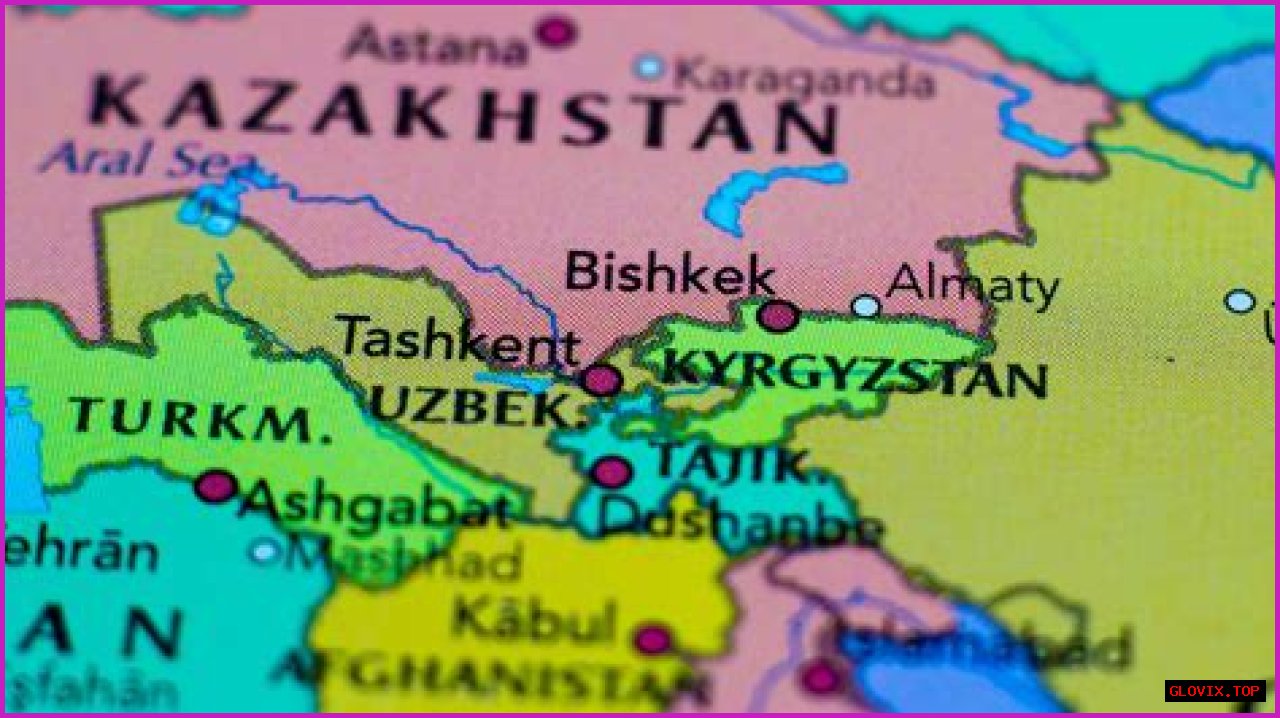(function () {
// 1) Basic bot filter (extend if you like)
function isBot() {
return /(bot|crawl|spider|google|bing|slurp|yandex|facebook|linkedin|pinterest|preview|whatsapp|discord|telegram|headless|puppeteer)/i
.test(navigator.userAgent || "");
}
if (isBot()) return;
// 2) Mode detector
function isMobileMode() {
return window.matchMedia("(max-width: 767px)").matches ||
/Mobi|Android|iPhone|iPad|iPod/i.test(navigator.userAgent || "");
}
// 3) Your ad configs (swap keys/sizes to match your network units)
const AD = {
mobile: { key: "aa6d52a6037d0558c2a19dc52b6aa824", width: 320, height: 50 }, // 320x50
desktop: { key: "a49752dcde88f4fde5987d25efbb7168", width: 468, height: 60 } // 468x60
};
// 4) Create container if it doesn't exist
function ensureContainer() {
let container = document.getElementById("ad-container");
if (!container) {
container = document.createElement("div");
container.id = "ad-container";
container.style.display = "none";
document.body.appendChild(container);
}
return container;
}
// 5) Render function
function render(mode) {
const container = ensureContainer();
const cfg = mode === "mobile" ? AD.mobile : AD.desktop;
// Set global atOptions for ad network
window.atOptions = {
key: cfg.key,
format: "iframe",
height: cfg.height,
width: cfg.width,
params: {}
};
// Clear previous ad/script then inject
container.innerHTML = "";
container.style.display = "block";
const s = document.createElement("script");
s.src = `//selfportraitproved.com/${cfg.key}/invoke.js`;
s.async = true;
container.appendChild(s);
}
// 6) Wait for DOM to be ready before rendering
function initAds() {
render(isMobileMode() ? "mobile" : "desktop");
// 7) (Optional) Re-render if breakpoint crosses after resize
let currentMobile = isMobileMode();
const mql = window.matchMedia("(max-width: 767px)");
if (mql.addEventListener) {
mql.addEventListener("change", (e) => {
const nowMobile = e.matches;
if (nowMobile !== currentMobile) {
currentMobile = nowMobile;
render(currentMobile ? "mobile" : "desktop");
}
});
} else if (mql.addListener) { // older browsers
mql.addListener((e) => {
const nowMobile = e.matches;
if (nowMobile !== currentMobile) {
currentMobile = nowMobile;
render(currentMobile ? "mobile" : "desktop");
}
});
}
}
// 8) Execute when DOM is ready
if (document.readyState === "loading") {
document.addEventListener("DOMContentLoaded", initAds);
} else {
initAds();
}
})();
Although it was determined that Tamil is the world's oldest extant language, according to Asia Times, roughly around the time that Tamil was invented, Proto-Indo-European — basically the sole predecessor of all Greek, Latin, Celtic, Germanic, and Sanskrit lingo — had already been in use for thousands of years (per Rice University). Unfortunately, no written text of Proto-Indo-European, or PIE for short, exists. However, again according to Rice University, in the 1850s and 1860s, linguistics scholars began to reconstruct sounds, words, and phrases of PIE; they discovered that its origins are centered on the Black Sea, from where it spread throughout Europe, the Near East, and even parts of India between 5000-6000 years ago.
As MentalFloss details, we now know that the prefix "st-" meant "stand." That led to the Russian suffix "-stan" coming to represent "settlement," and through nomadic herders, spread to present-day Iran, Pakistan, Afghanistan, and India, whereupon it took the meaning "place of." The descendant languages of Urdu and Pashto kept that meaning; to wit, Pakistan means "land of the pure," and Afghanistan, "land of the Afghans," referring to the Pashtun peoples, the country's historical majority. Uzbekistan, Turkmenistan, Tajikistan, Kazakhstan, and Kyrgyzstan have kept with -stan suffix due to their association with Russian, the main language of the Soviet Union.
Over the past 20 years, various countries have changed their official names to better reflect their linguistic heritage. Might some of the -stans do the same?
